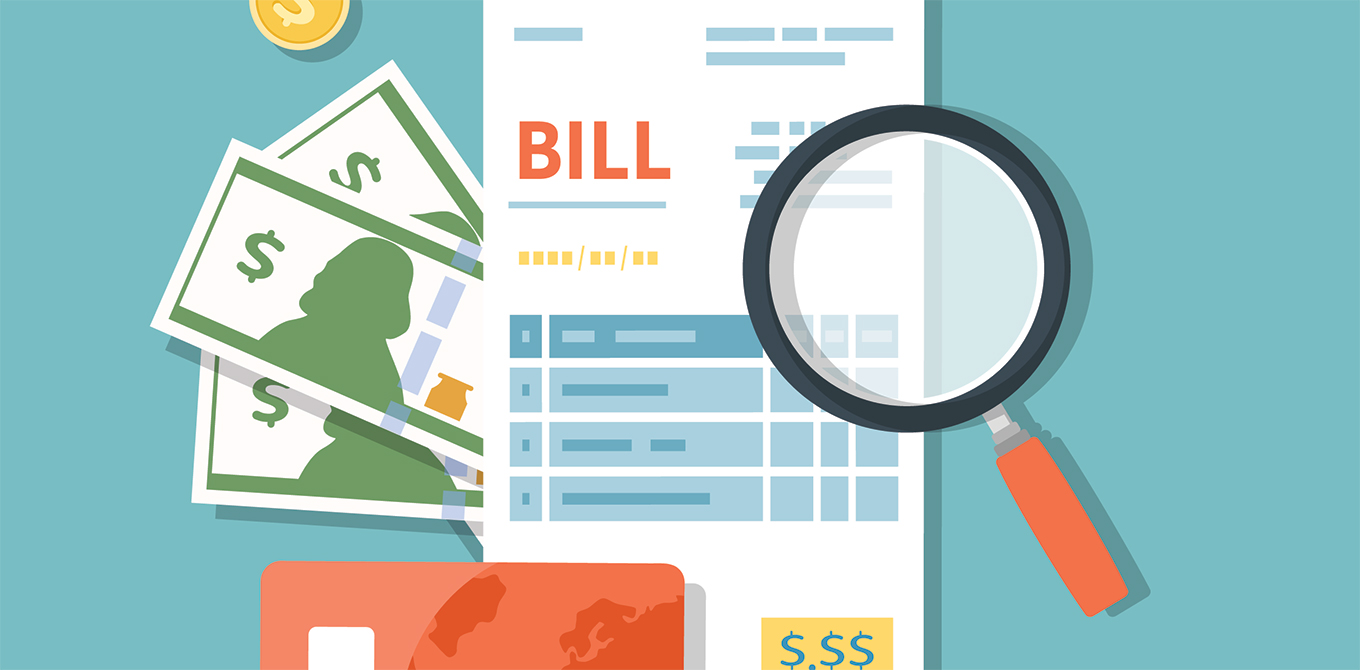Financial resolutions: How to make (and keep) them in 2021
With a new year beginning, you may be thinking about resolutions you can make to improve your physical or mental health. But it's just as important to consider how you can give your financial health a boost.
Resolving to adopt some positive money habits is a good place to start. If you're ready to enhance your financial wellness, here are some of the smartest ways to do it, broken out into quarters so you can accomplish small goals that make a big impact, throughout the year.
Financial Resolutions for January - March
The first quarter is a nice time to reflect on the previous year and plan for the one ahead. Here are some of the most important money tasks to tackle as the year gets underway:
- Commit to getting your employer's 401(k) match. Employer matching contributions are essentially free money. Take time in January to review your contribution rate and adjust it if necessary to qualify for your full company match.
- Set 1-3 financial goals for the year. Create a few specific goals, such as building an emergency fund or paying down 10% of your debt. Then outline the action steps you'll need to take and assign a deadline to each one.
- Review last year's budget and update this year's budget. Look at how your spending changed over the past year and which expenses have increased or decreased. Use that as a baseline for mapping out a new budget plan to carry you through the year.
- Organize tax filing documents so you're prepared to file by the April deadline. Getting an early start on taxes can help you avoid late filing or late payment penalties. Double-check W-2s and other tax forms you receive to make sure all the information is correct.
Financial Resolutions for April - June
Spring fever might be setting in, but that's not a reason to let your finances slide. Put these financial resolutions on your to-do list next:
- Reevaluate your debt payoff progress. Check in to see how much debt you've paid down through the first quarter. Consider whether you'll need to increase debt payments to reach your year-end goal.
- Start investing outside your workplace plan. If you already have a 401(k) at work, consider opening an Individual Retirement Account or taxable brokerage account to grow your portfolio even more. You could also add money to a Health Savings Account (HSA) if you have a high deductible health plan.
- Put your tax refund to work. If you received a tax refund, use it to further one of the financial goals you set in the first quarter. For example, a $2,000 tax refund could give your emergency fund a major boost.
Financial Resolutions for July - September
It’s now time to start thinking about how to mold your financial plan for the second half of the year. Remember to work on these financial resolutions before fall:
- Complete a mid-year financial review. Go over your budget, savings, debts and investments to see where you stand with the financial goals you set in January. If you've already accomplished one of your goals for the year, consider setting a new one to replace it.
- Check your withholding at work. Review how much your employer is withholding from each paycheck to ensure that you're paying the correct amount of taxes. Withhold too little, and you could get hit with a tax bill next April; withhold too much, and you may end up with a refund instead.
- Review your credit reports and credit scores. Look for any changes that have affected your score or any potentially fraudulent activity. Dispute any errors or inaccuracies with the credit bureau that's reporting them to have them either corrected or removed.
- Review your life insurance coverage. Life changes, such as getting married or having a child, can affect your life insurance needs. Review your policy to make sure it's still adequate for your financial situation and consider purchasing life insurance if you have none.
Financial Resolutions for October - December
The holiday season is often a busy one when your to-do list might be filled with shopping, dinners, and family activities. But don't neglect to make time for these fourth-quarter financial moves so you can finish the year strong:
- Check on your 401(k) contributions. If one of your financial goals was to max out your employer's retirement plan this year, check to see how close you are to reaching it. Make adjustments to your contribution rate if needed to get closer to your goal.
- Start thinking about year-end tax planning moves. Consider topping off contributions to tax-advantaged accounts, such as a 401(k) or IRA. Also, think about where charitable giving over the holidays might fit into your tax picture if you plan to claim a deduction for donations.
- Plan for open enrollment periods if that applies to you. Review your health insurance coverage to see if any changes to your policy or coverage might be necessary. And plan to use up any money remaining in your Flexible Spending Account before the year is out so it doesn't go to waste.
What to do next
A new year is a chance to wipe the slate clean and make a fresh start financially. If you haven't started thinking about what financial resolutions you want to set yet, consider what you want your money situation to look like a year from now. Use that vision to shape your plan and put it in writing, so you have a reminder of what you're working toward each quarter.




